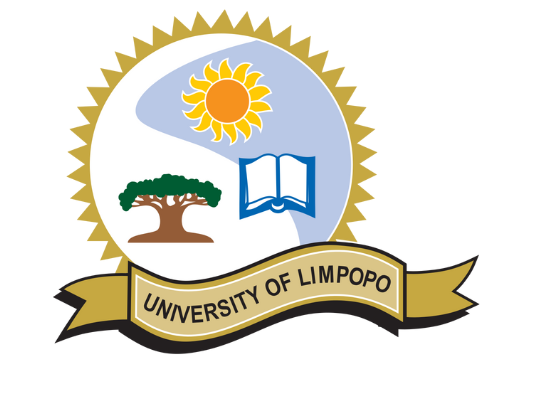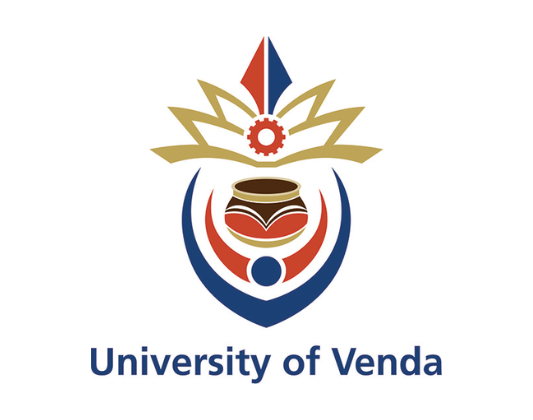Researcher: Nkosenhle Mdluli, University of the Witwatersrand, Johannesburg
Supervisors: Rudzani Mulaudzi and Dr Ritesh Ajoodha, University of the Witwatersrand, Johannesburg
As of quarter 2 2021, South Africa officially became the country with the highest unemployment rate in the world. The rate currently sits at 34, 4% and is the highest it has ever been in the recorded history of the country. To better inform policy decisions that can reduce this rate, it is important that the structure of the South African labor market be understood.
Bayesian networks, a type of probabilistic graphical model, were used to construct a structure showing how the unemployment rate is related to other macro-economic variables. Three models were constructed using the hill climbing algorithm with the best scoring model attaining an auc score of 0.895. These models were used to perform inferences on the unemployment rate. An increase in FGE was found to have the most desirable impact as it decreased the UR the most.
This research thus provided valuable insight into the labor market structures and will help act as a reference point for researchers and policy makers in South Africa.


